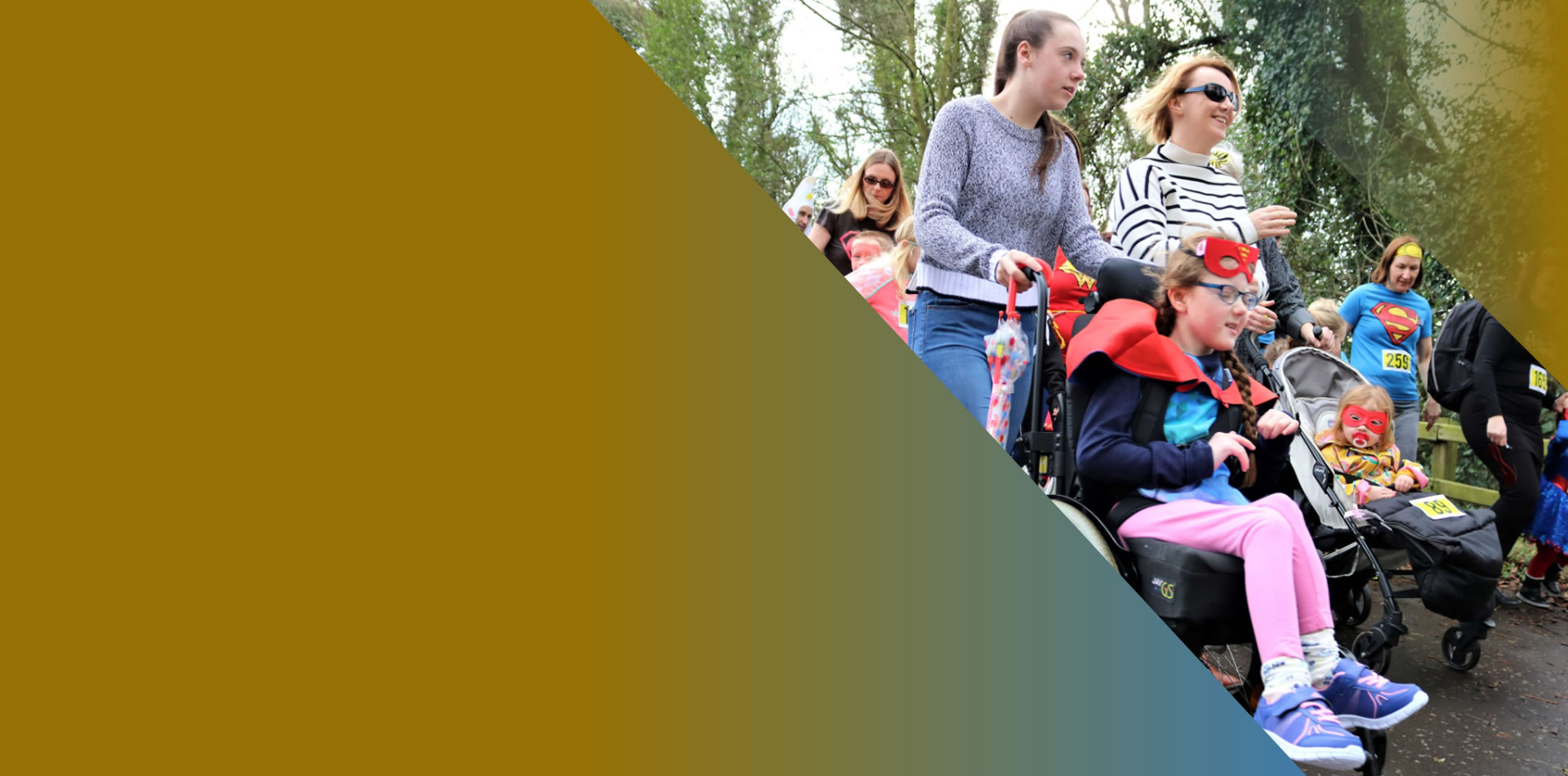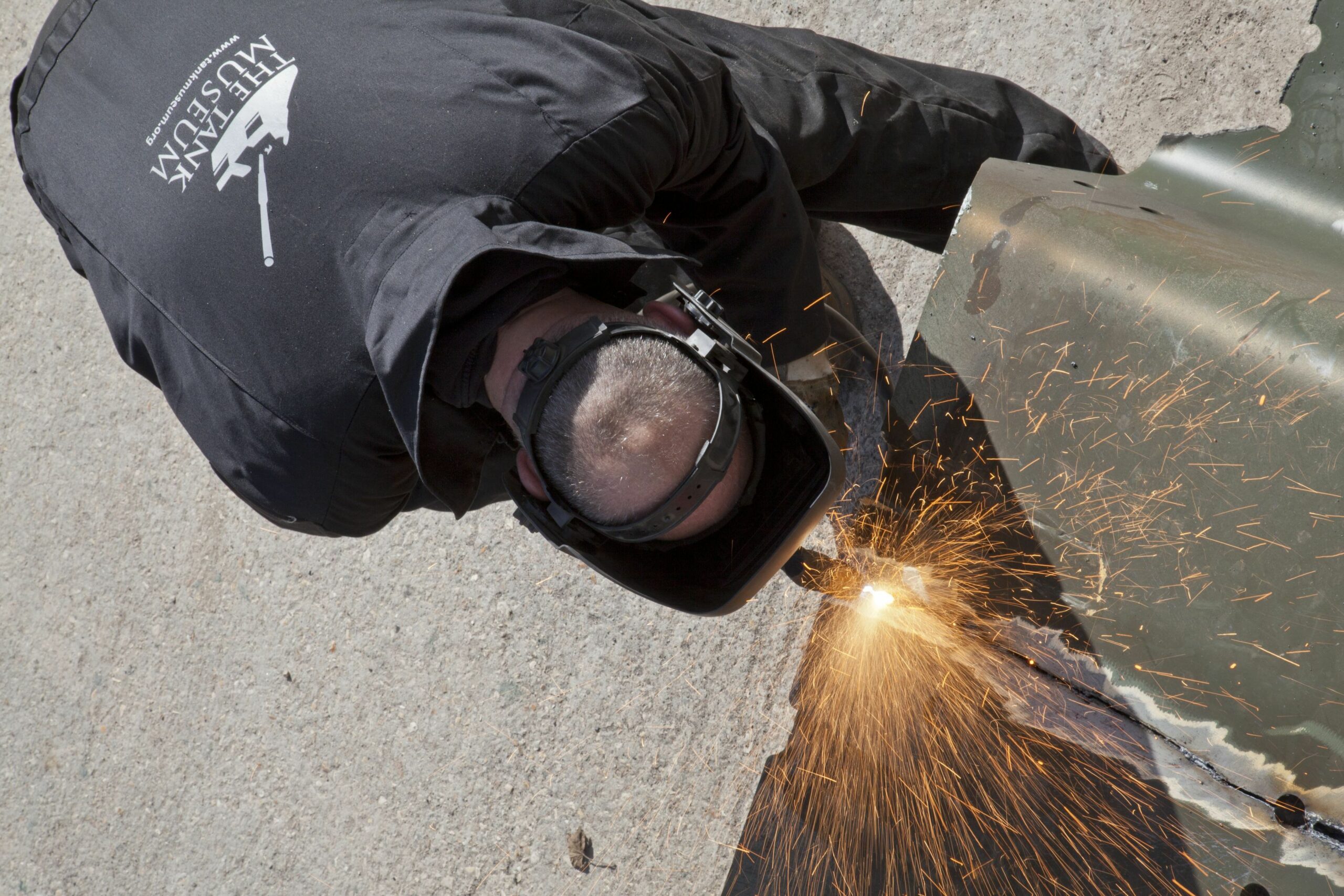Policy & Research Manager Jill Rutter explains why we must know more about potential barriers for disabled volunteers.

A lot is known about the benefits of volunteering, but what about the experiences of disabled volunteers?

The pandemic has seen a surge in volunteering, with the Together Coalition’s Talk Together research suggesting that 12.4 million people offered their time in 2020. Among this group were 4.6 million first-time volunteers, including 360,000 people who are disabled or have a long-term health condition. This research and other studies on volunteering show that similar proportions of disabled and non-disabled people volunteer.
In the Talk Together survey, 25% of disabled adults volunteered, compared with 23% of adults without a disability. Despite there being significant numbers of disabled volunteers, there are some major gaps in what we know about their backgrounds and experiences. For organisations that use volunteers, there is also little information about how they can reduce barriers to volunteering for disabled people. This is why we are funding two new incubation projects, with the aim of supporting more disabled people to volunteer as equals alongside their non-disabled peers.
Spirit of 2012 has awarded a grant to a team of four researchers coordinated by Kim Donahue Associations, with the quantitative analysis undertaken by Dr Daiga Kamerade from the University of Salford. The team will analyse data from Understanding Society, the UK Household Longitudinal Study, a survey that contains the records of nearly 25,000 people who volunteer. They will also undertake six in-depth case studies with organisations that use volunteers. These insights from the research will help organisations better understand the background and needs of disabled people, and open up more volunteering opportunities for disabled people.
We have awarded a second grant to the Volunteer Centre Dorset to work with museums and heritage organisations in Dorset to address barriers to volunteering for disabled people. Nearly 45% of the UK’s accredited museums and heritage organisations depend on volunteers to run their operations. In the South-West, 33% of museums are entirely run by volunteers, with some of these organisations struggling to stay open because they cannot find enough people to give their time. At the same time, fewer than 5% of volunteers in museums state that they have a disability, much less than their representation in the overall UK population. Disabled volunteers represent an untapped resource for volunteer-led heritage organisations
The Dorset project will employ Chloe Hixson, an archaeology graduate and disability access consultant who herself is disabled. She will work with partner organisations to identify and overcome barriers to volunteering for disabled people. A second phase of the project involves recruiting a group of disabled and non-disabled volunteers who will undertake placements in partner museums. Their experiences will be tracked over a six-month period and will inform the production of guidance that will help other museums work with disabled volunteers.

The learning from both projects will be published in 2022, at the same time as the Government’s recently-published disability strategy is implemented. The National Disability Strategy identifies practical action that the Government will take to improve the lives of disabled people and address stark inequalities. With a 28-percentage point gap in the employment rate of working age disabled people compared with non-disabled people, the strategy is both overdue and much needed. Led by the Cabinet Office, the strategy sets out a series of commitments for each Government department alongside minister-level diversity champions.
Why is this connected to Spirit’s funding of research into inclusive volunteering? If the changes are implemented, the strategy will make a difference to people’s lives, although it has been criticised for lacking ambition. It is also fails to mention volunteering. This is a significant oversight given than volunteering can be a route into employment for both disabled and non-disabled people, particularly for the under 25s. But a review process is built into the new strategy.
This gives us the opportunity to approach the Cabinet Office, the Department for Digital, Culture, Media and Sport and the devolved administrations next year with the findings from the two new projects. We will use the new strategy to make the case for more action to support disabled people to volunteer. And we will also be using our learning to reach out to more organisations and encourage them to support more disabled volunteers.
Read more about the inclusive volunteering research grant.
